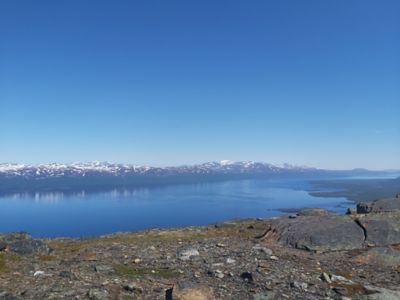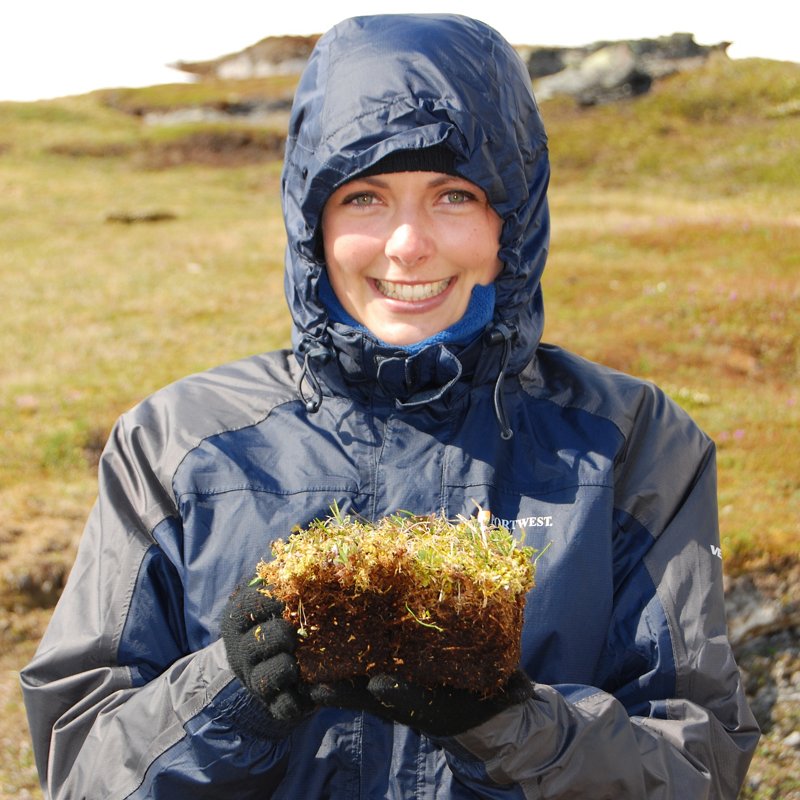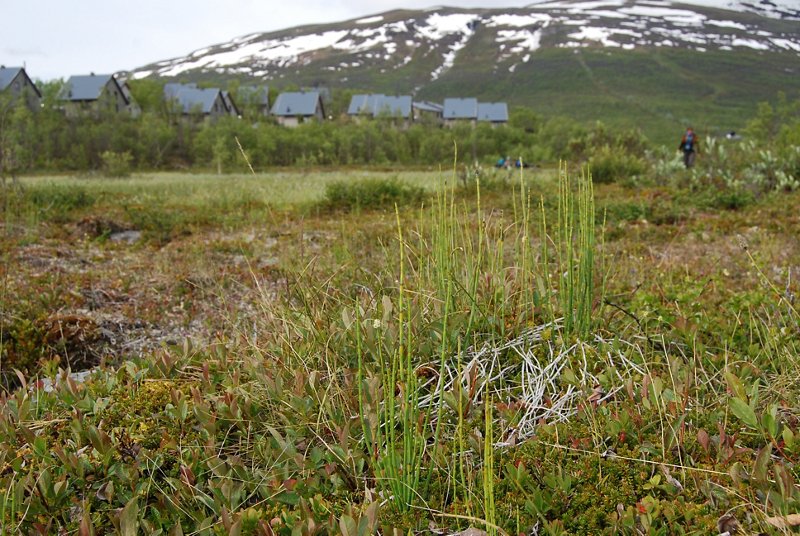Environmental sciences: fieldwork and practical skills
From lab work and UK site visits, to opportunities further afield, get the key skills that employers want.

All environmental sciences students will complete fieldwork and gain practical skills.
This real-world experience allows you to apply your knowledge and develop the skills which are in demand by the environmental sector.
All students complete a core fieldwork module in year two, which involves work
on our campus and local site visits.
The exact amount of time you spend on fieldwork varies between degrees and depends on your optional modules. However, whatever your course, you will complete a minimum of 30 hours of practical work in your first year.
You will gain a wide range of survey techniques and practical skills that prepare you for a career in the environmental sector.
You will also gain practical experience in laboratory sessions and fieldwork on our campus and through site visits within the UK.
You will learn how to:

A student doing vegetation work, with a soil sample
As well as laboratory work and site visits in the UK, you can also choose to go further afield and attend one of our residential field courses.
These opportunities run from July to September. They currently include:

Abisko field site, in Sweden, where students stay during their fieldwork
All residential fieldwork is assessed. This may include:
During coursework, students will often work in groups to collect data. This is then presented as reports, maps and site assessments.
This develops key communication, collaboration, project management and report writing skills.
We have ensured that we include practical skills and fieldwork in core and optional modules at no additional cost. In addition to this, the UK day trips/site visits are free.
The below trips incur costs:
Fieldwork opportunities may change at any time for a number of reasons, including curriculum developments, changes to arrangements with hosts, travel
restrictions or other circumstances outside of the university's control.
Every effort will be made to update this information as quickly as possible should a change occur.